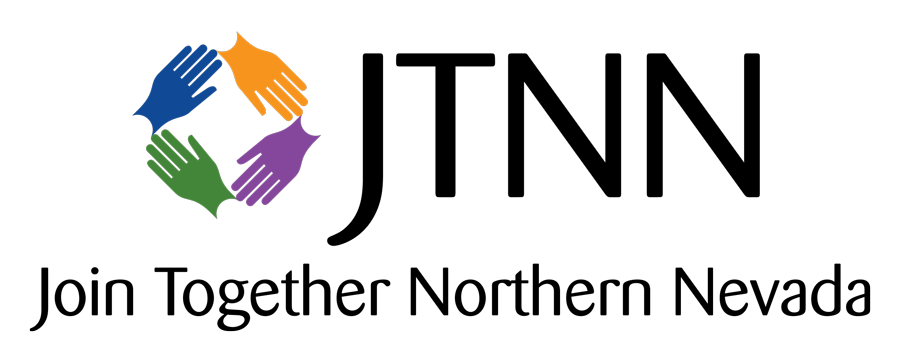Over the years I have found myself becoming increasingly careful in how I answer the question, “What do you do for a living?” That may seem like a simple question that carries with it an equally simple answer, but for me, the answer to that question is full of possible trip wires and booby traps. You see, when I tell someone, “I work with people who have alcohol and drug problems,” I get back everything from an awkward, “Oh, that’s nice” to “My mother died of alcoholism last year.” Others try to defend why they drink or use certain drugs. Some launch into the “I know this guy…” scenario.
In reality, everyone has been exposed to alcoholism and/or drug addiction through a family member, friend, co-worker, or neighbor. Because of that, everyone has experiences, thoughts, and usually opinions about the issue. Probably the most common response I get is, “Isn’t it true that a person has to really want it in order to get better?” Of course, that’s not really a question as much as it is a declarative statement. Then the “you-have-to-want-it-to-get-better” comment is followed up with something like, “I have an uncle that’s been to treatment six times and he’s still drinking and using drugs. He just isn’t motivated.”
These comments and questions are all understandable because each person that has an experience with someone else’s addiction has often had a heartbreaking and emotionally painful time with that person. It seems as if that person struggling with alcohol or other drugs should just be able to quit. “Come on, if you love your kids, you’ll quit. I would.”
That last phrase is really the key. Unless you’ve had a substance use problem it’s difficult to understand how this condition defies logic. A normally intelligent, motivated, skilled, well brought up, successful person shouldn’t have this problem and if she does, she should be able to climb out whenever she wants. Right? Wrong.
To quote a cliche, “This is an equal opportunity disease” and anyone can get it. In addition, for those that do get it, making it back to sobriety and recovery is often a long road full of frustration and relapse. But it’s not because the addicted person is weak. It’s because the addicted person, if truly addicted, has a brain disease. That means that the drug “hijacks” the brain by changing the brain chemistry. In other words, that altered brain is in some ways not the same brain that started using years or even months ago. The addicted brain says, “You don’t have a problem.” It says, “You don’t need help.” It says, “You need more drugs.”
This is why an addicted person can’t just stop by force of their own will. That’s not an excuse but it is a reason that must be understood in order to better understand the addictive process and how people get better.
